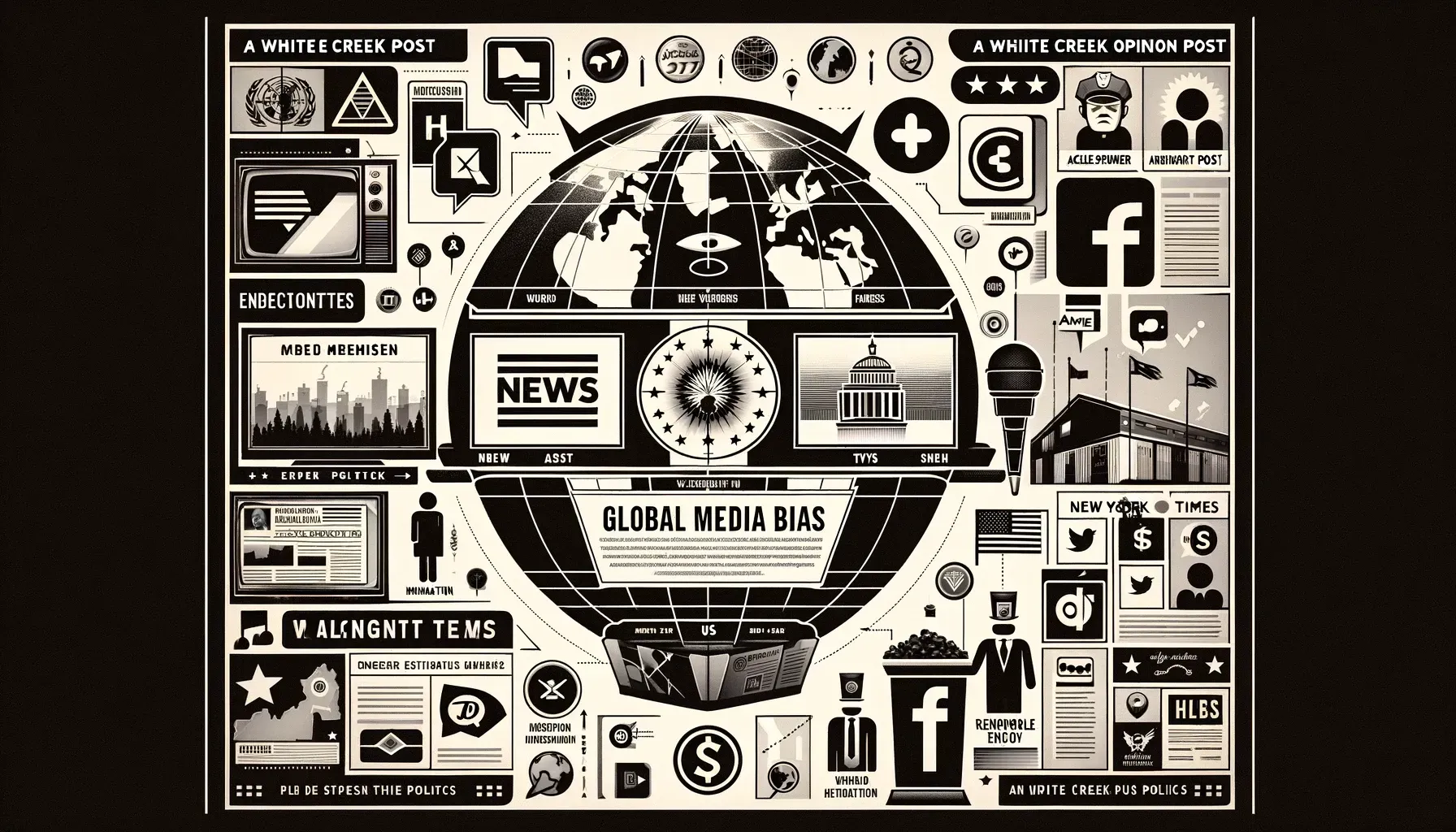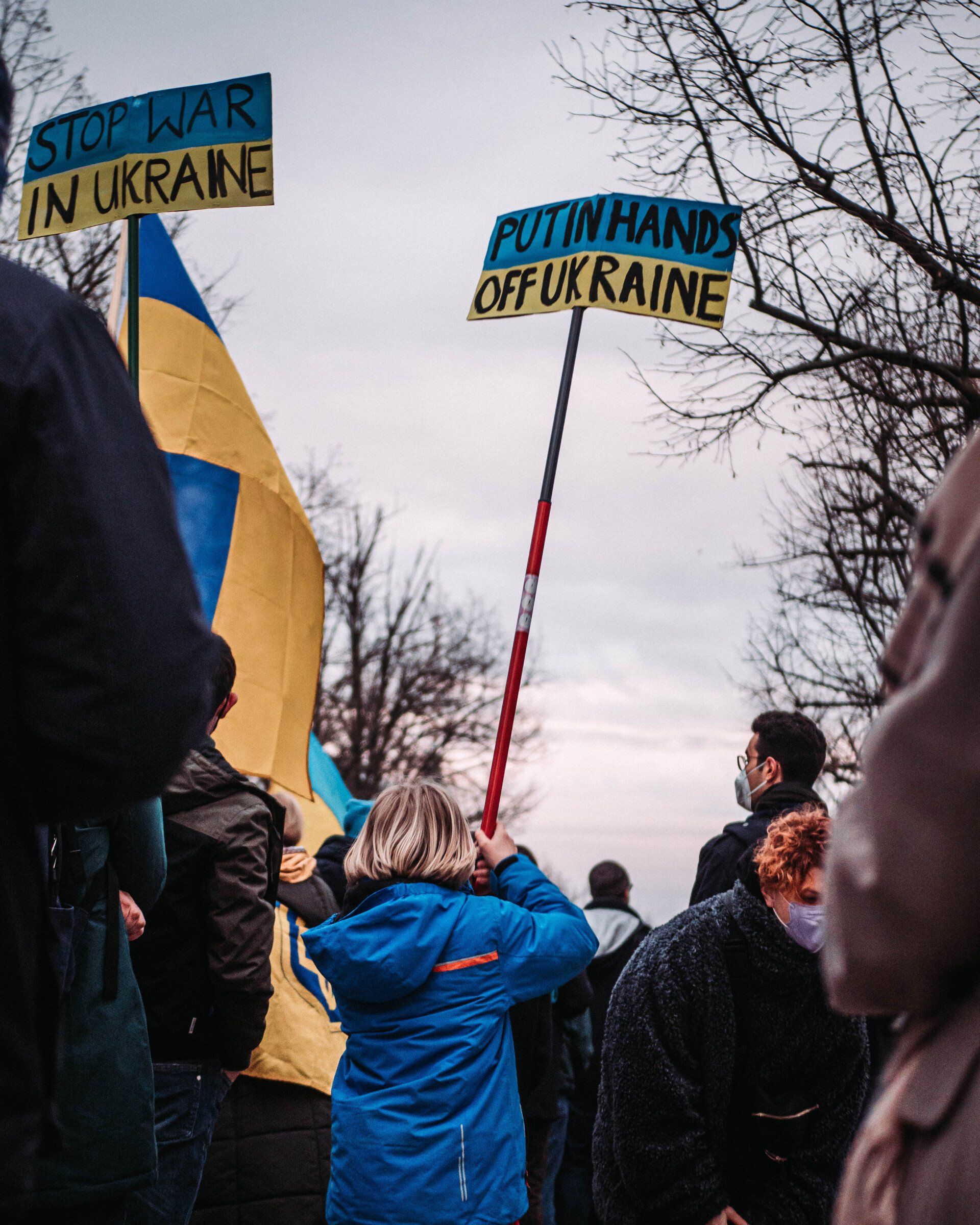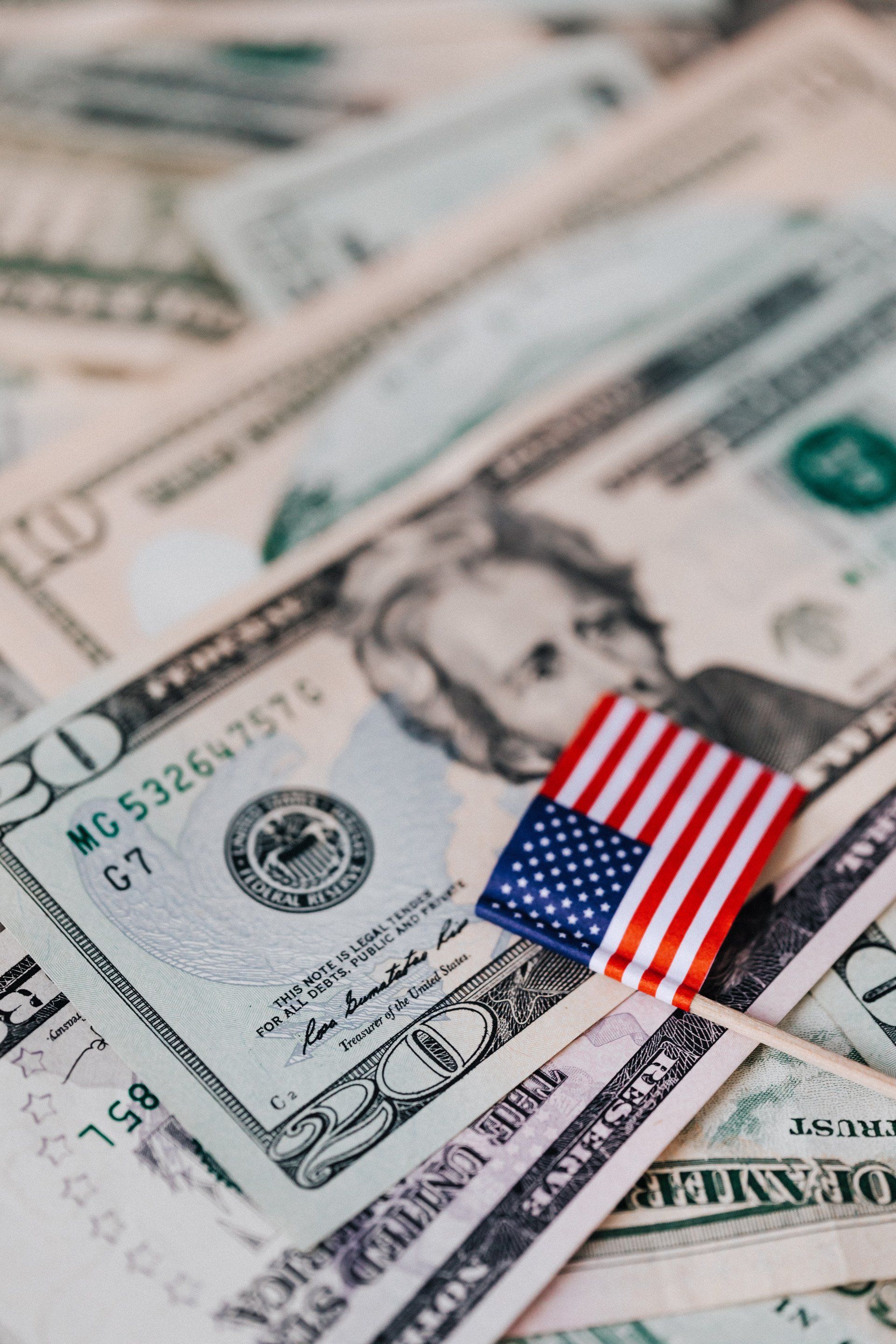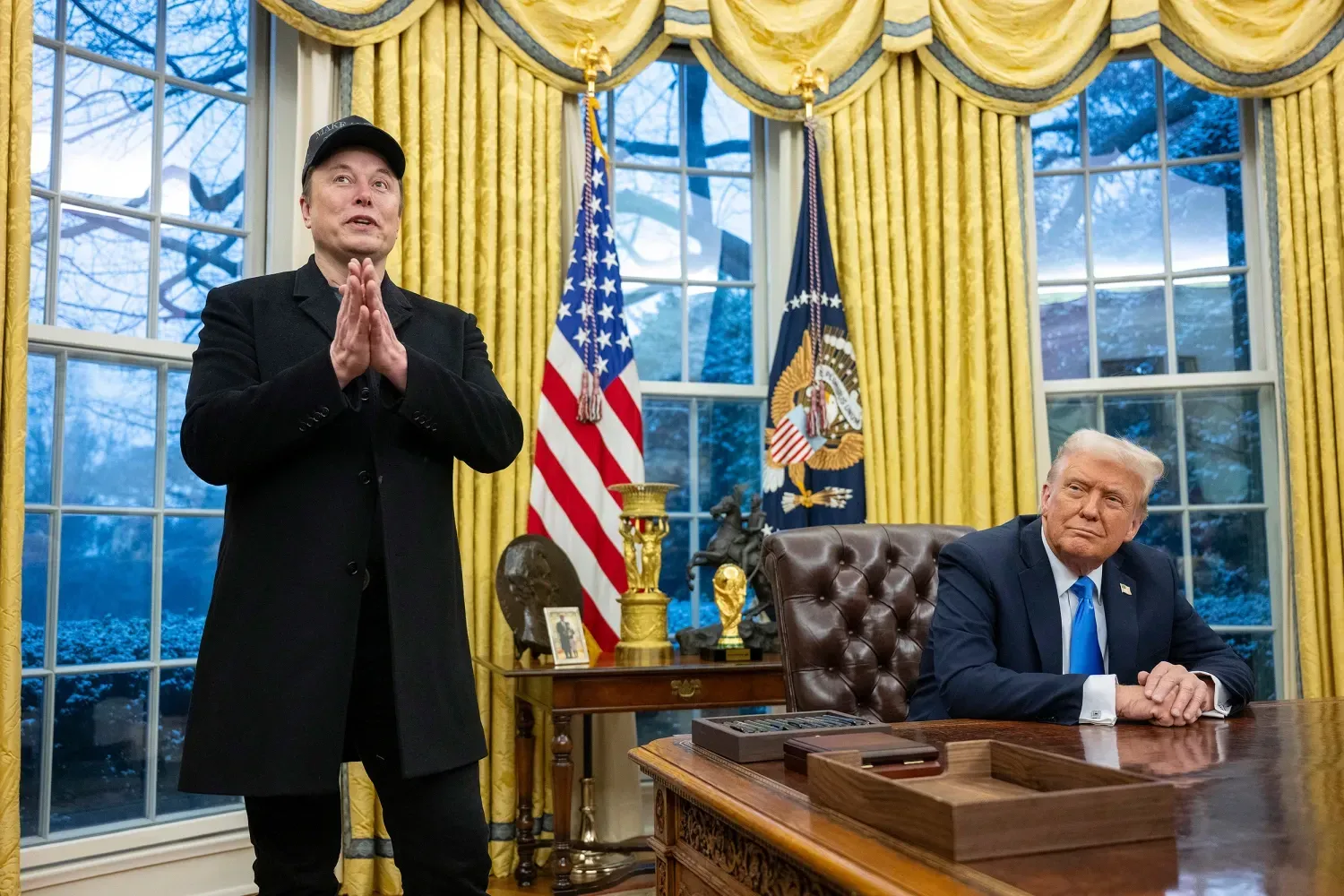Geo-Political Focus January 2025 (2) -The Global Reaction to Trump Taking Office
Global Power Struggles, Economic Realities, and the Shifting World Order
A new world order is emerging. Once Trump is settled, Europe and Russia will need to resolve their differences and cooperate for their mutual survival—particularly in terms of energy and resources. *(Zelensky will have to align with the will of his people and adjust his country accordingly.)* European nations will regain their sovereignty with a scaled-back EU and NATO, maintaining strong free trade agreements and practical policies. Meanwhile, the *Politico* of the world are still engaged in the
NAZI propaganda surrounding the inauguration.
The European Commission currently poses the greatest threat to peace in Europe—an incompetent, corrupt, and power-obsessed entity operating under the guise of “democracy.” It wields power through fines and legal penalties, imposing control rather than governance. *Heil to the rulers?*
Ms. Von der Leyen is a threat to the world due to her bureaucratic and ineffective approach to global challenges—*all talk, or as they say in Texas, all hat, no cattle.*
The Global Risk Report aligns with Von der Leyen’s concerns. Free speech is the greatest enemy of dictatorship, and now, with Elon Musk being framed as the new Hitler, his platform, X, and other social media have become targets of the fake news machine. As the global elite lose control, not only do they manipulate the news, but they also manufacture their own “fake news.” *Armed conflicts* are a direct result of this. If two brothers cannot live together, they must come to an agreement—but, unfortunately, nations do not have the luxury of relocation.
This all stems from the World Economic Forum (WEF), which has devolved into a mere dog-and-pony show. Take, for example, Olaf Scholz, whose approval rating at home sits at *20%*, yet he lectures the world. *LOL.*
In this year’s World Economic Forum Global Risks Report , based on the annual Global Risks Perception Survey (GRPS), the findings are particularly sobering. “Bleak” is the best word to describe the overall state of global affairs in both the short-term (two years) and long-term (ten years).
While environmental, societal, and economic concerns remain prevalent, a new top risk has surfaced: State-based armed conflict . Previously not considered a major risk just two years ago, it has now become the most pressing material threat in 2025.
The Abraham Accords and Biden’s diplomacy have gone entirely wrong, regardless of how the media spins it. One was about diplomacy; the other is about increasing control. Palestine must be included in any agreement, as must Iran and Iraq—unless they choose to align with BRICS. However, once other countries formally accept Israel, their alliance will be strong enough to stabilize the region. As for Hamas and other militant groups, like the Israeli settlers , ( see how they think ), they will eventually have to accept their status, integrate, or face extinction.
There are still many hurdles to overcome, but the region has always been a territory of conflict —before and after European and Western interference. Just as Europe endured 300 years of religious wars , the Middle East will eventually have to find a compromise between its various religious and ideological factions. Stay tuned to see how the region evolves moving forward.
During his first term, Donald Trump successfully brokered the Abraham Accords, bringing four Arab states into agreements that formally recognized Israel and established diplomatic relations. The accords were named after Abraham, a patriarch central to Judaism, Christianity, and Islam. Meanwhile, Joe Biden spent four years attempting to bring Saudi Arabia into the fold—an effort that ultimately failed. As Trump returns to the White House, he would be wise to expand the Abraham Accords by securing new member states. Saudi Arabia should be the first priority. However , Trump should use his own Abraham Accords framework as a model rather than adopt Biden’s vision for a Saudi deal, which would have offered too much in return for too little.
The destruction of Hamas remains a goal. Recent reports indicate that three or four hostages have been released—but at the cost of hundreds of Hamas fighters in exchange. Despite its losses, Hamas still controls Gaza. While its power is weakened, the key focus remains containing Iran’s influence and that of its allies. Now, at least, serious negotiations can begin on governing and stabilizing the Middle East. It may be Israel’s
goal to capture more land for its people,
relocating and integrating Palestinians into neighboring Arab nations. Historically, there have been similar instances where displacement occurred due to conflict or suffering. If survival becomes impossible, migration might be the only alternative.
Look at the U-Haul exodus from California—another form of forced migration. Unfortunately, many who flee oppressive policies end up bringing the same ideologies with them.
The media’s stance on Giorgia Meloni is shifting. Initially met with hostility during her campaign and early presidency, she has now risen as one of
Europe’s most prominent political figures, playing a crucial role within the EU and on the global stage. Even Politico has had to acknowledge her effectiveness. While the media labels her as “far-right,” her policies often appear to be based on common sense rather than extremism.
Meloni’s carefully crafted, no-nonsense persona has helped cement her reputation as a leader of stability. When Campania region President Vincenzo De Luca publicly insulted her, calling her a ‘stronza’ (‘bitch’), she responded directly at an event in his region, greeting him with:
‘President De Luca, I am that bitch, Meloni. How are you doing?’
Founded in 2012, Meloni’s party, Brothers of Italy (*Fratelli d’Italia*), traces its roots to the Italian Social Movement (MSI), which emerged from Benito Mussolini’s fascist legacy. The party continues to use the tricolor flame symbol associated with post-war far-right groups, a logo often interpreted as a reference to Mussolini’s tomb.
Meloni embraces a controversial motto—‘God, Fatherland, and Family.’ She advocates tax cuts, supports electing Italy’s president by popular vote, opposes LGBTQ+ rights, and calls for a naval blockade to stop illegal migration from Libya. She has also repeatedly warned against the dangers of unchecked Muslim immigration.
Despite these positions, Meloni strongly rejects the ‘fascist’ label, arguing that fascism is a historical relic. In Italy’s last general election in 2018, her party barely secured 4% of the vote. However, it has since surged in popularity, positioning her as the frontrunner. With backing from two other right-wing parties—The League and Forza Italia—her coalition is projected to win a majority in both houses of parliament.
Meanwhile, on the other side of the Atlantic, a political shake-up is underway in Argentina. For decades, the country has been strangled by debt. Then came Javier Milei, a politician who did the unthinkable—he balanced the budget. Conventional politicians would consider such a move political suicide, but for Milei, it worked. Now, like Trump, he is taking the stage at the
World Economic Forum (WEF) , lecturing global elites on how to govern for the people. Here is his 2024 speech , and here is the 2025 address. These speeches could be game-changers for global governance, as economic prosperity is crucial for peace and social stability. Even German media has acknowledged his success.
So, what did balancing the budget accomplish? Why was Milei so determined to cut spending? The results speak for themselves. By eliminating Argentina’s deficit and signaling a long-term commitment to fiscal responsibility, Milei has managed to curb inflation. Monthly inflation rates have dropped from 25% in December 2023 to below 3% in December 2024. Markets have responded favorably, and Argentina’s stock market has surged.
Meanwhile, in the shadows of the global economy, drug cartels continue their operations. While Pablo Escobar is long gone, his former
allies still terrorize Colombian jungles , and the drug trade continues.
New actors and organizations have taken over, shifting strategies while maintaining the same illicit operations. The real criminals? Perhaps they aren’t the ones in the streets but rather those in high places—*the snakes in suits*—within Washington’s elite.
Read this article, US military aid to destroy cocaine production. But what about humanitarian aid and economic development? People still need a way to make a living, and consumers still want their product.
Perhaps designating drug cartels as terrorist organizations is a good idea. However, as with the concept of peace through strength, such an approach only works if people have a sense of purpose and an alternative way to survive. Would cigarettes be the lesser evil?
The top states for cocaine use among adults in 2021-2022 were Colorado (3.06%), Vermont (2.99%), and the District of Columbia (2.79%).
Efforts to combat drug production have cost millions of dollars, largely financed through US military aid to Colombia. These operations have claimed the lives of thousands of Colombian farmers and soldiers in clashes and drug-related violence. Until recently, few in positions of power dared to question this approach.
Why did Anabaptism fail to gain widespread acceptance? It presents a vision of a peaceful world and ultimate democracy—until it comes into conflict with democratic institutions and the Church. Perhaps what we need are the Pharisees back?
Anabaptists were heavily persecuted by state churches , both Magisterial Protestants and Roman Catholics , from the 16th century onward. Their interpretation of scripture often put them at odds with state authority. Unlike other religious movements, Anabaptism was never established as a state religion and never enjoyed official privileges. Most Anabaptists follow a literal interpretation of the Sermon on the Mount (Matthew 5-7), rejecting violence, oaths, military service, and participation in government. They consider themselves citizens primarily of the Kingdom of God , not earthly nations.
The Pharisees were the only group that took both the law of Moses and contemporary realities seriously. Their careful interpretations—sometimes clever, sometimes subtle—deserve respect, especially in an era where laws are disregarded even at the highest levels. The foundation of good governance remains in proven principles, such as the Ten Commandments, which act as a bulwark against societal collapse.
While the Ukraine-Russia conflict has faded from the headlines, this analysis by a Yale scholar attempts to make sense of Biden’s support for Ukraine. Notably, the human cost is rarely discussed. As the situation evolves, Putin is likely to respond , and some speculate that Trump is struggling to navigate the issue. This is an even more complex situation than the Israel-Hamas conflict, with much higher stakes.
One shift is becoming clear: the conflict is less about defending democracy and more about gaining access to Russia’s resources and cutting them off from the Black Sea. If Europe realizes that it could form a strategic balance between China and the US, achieving economic independence will require more than wind and solar power. The prevailing strategy— strengthening NATO —may end up weakening Europe in the long run. Rising energy prices will cripple its economy. When will Europe’s war strategists realize that Russia’s primary concern is preventing weapons of mass destruction from being placed in Ukraine?
Africa cannot be healed with medication alone. The WHO has gone into panic mode following Trump’s decision to cut aid. But what about the pharmaceutical industry’s profits from selling vaccines and medications? Perhaps the WHO should be rebranded as the WED—World Economic Development—focusing on sanitation, clean water, and sustainable agriculture rather than just medicine. The US relies on GLP-1 drugs to combat obesity instead of reducing consumption. Are we so determined to keep Big Pharma profitable ?
Talk is easy, but action is scarce. Who is truly making a difference besides private organizations ? See the KPMG report.
The WHO’s climate resilience initiatives in WASH (Water, Sanitation, and Hygiene) include creating frameworks, tools, and training programs for risk reduction. They aim to establish climate-resilient, low-carbon healthcare facilities, improve environmental surveillance, and enhance disease vector control.
To integrate WASH into health and climate policies, the WHO collaborates with the Climate Change and Health Unit and the Alliance for Transformative Action on Climate and Health (ATACH). It also actively participates in networks such as the Water and Climate Coalition and the UN-Water Expert Group on Water and Climate Change.
Trump’s diplomatic approach and the statements from Davos outline three key priorities: controlling government debt, ensuring inclusive prosperity, and fostering international alliances. His experience in efficiency could provide valuable lessons.
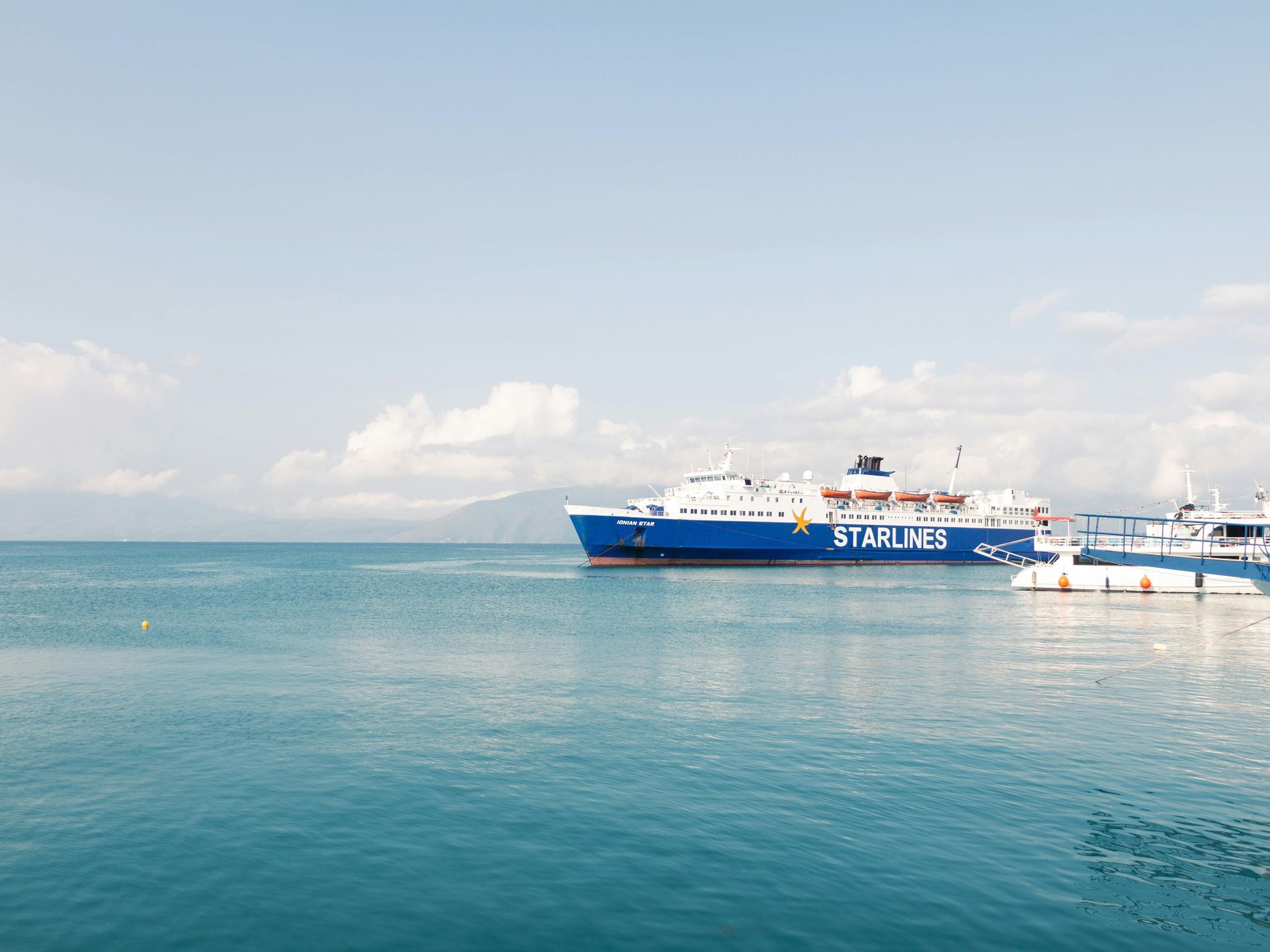
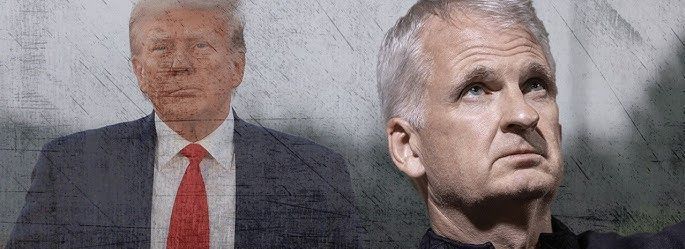
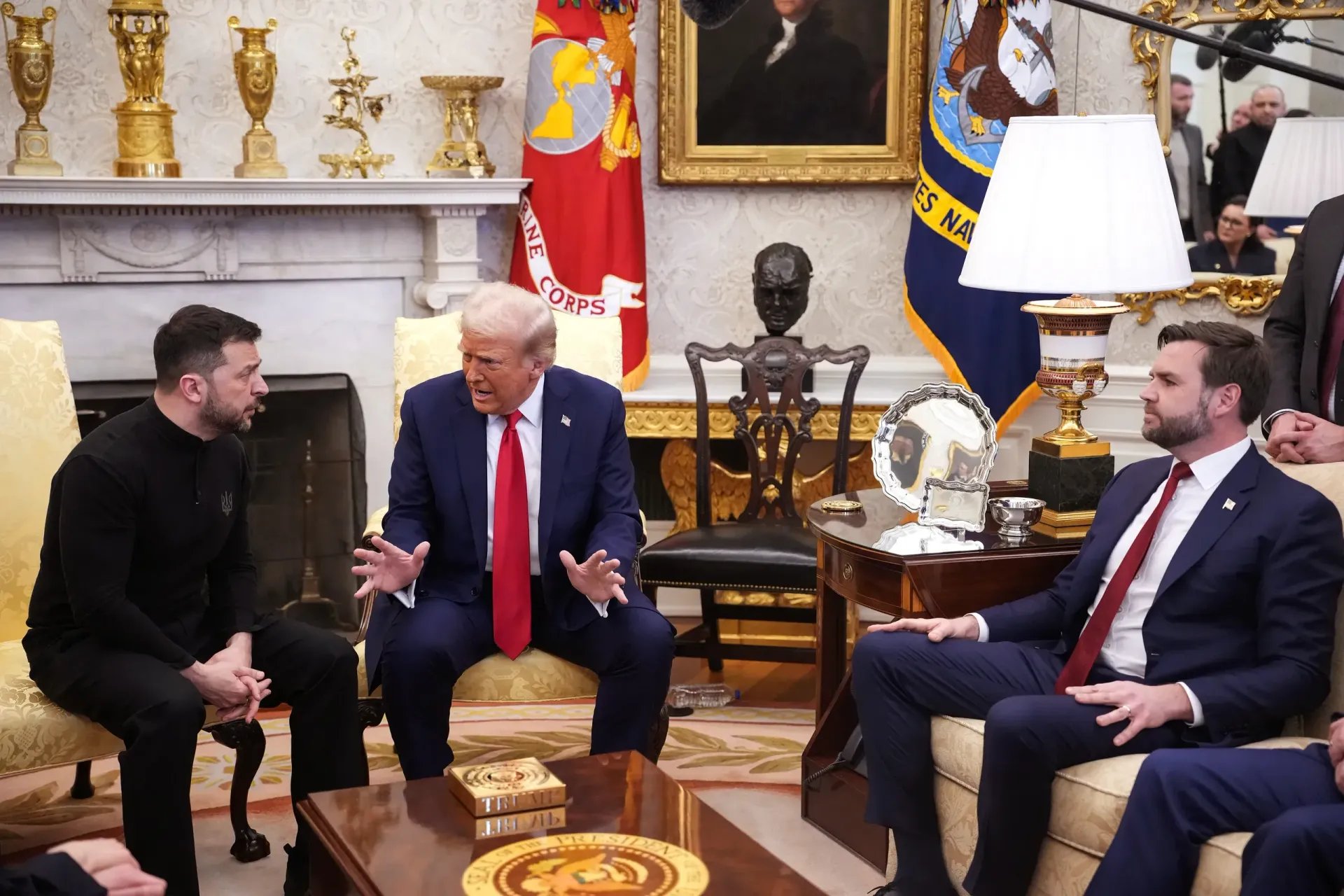
Sign Up For Our Newsletter
We will get back to you as soon as possible
Please try again later


